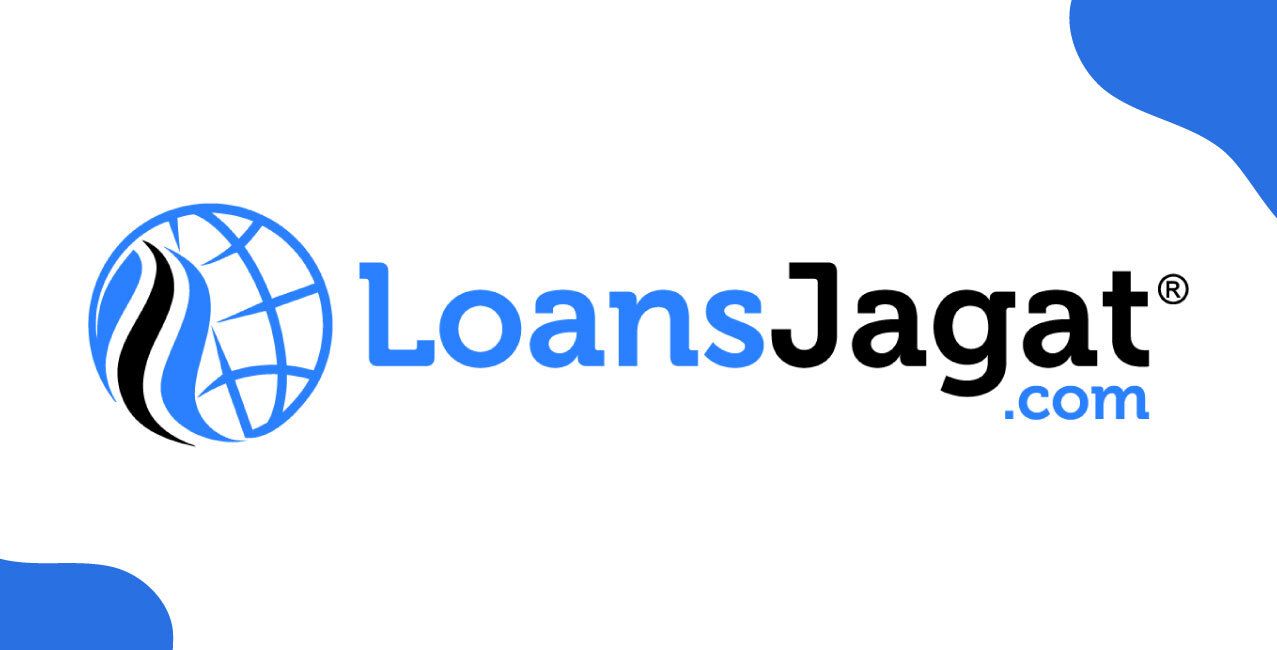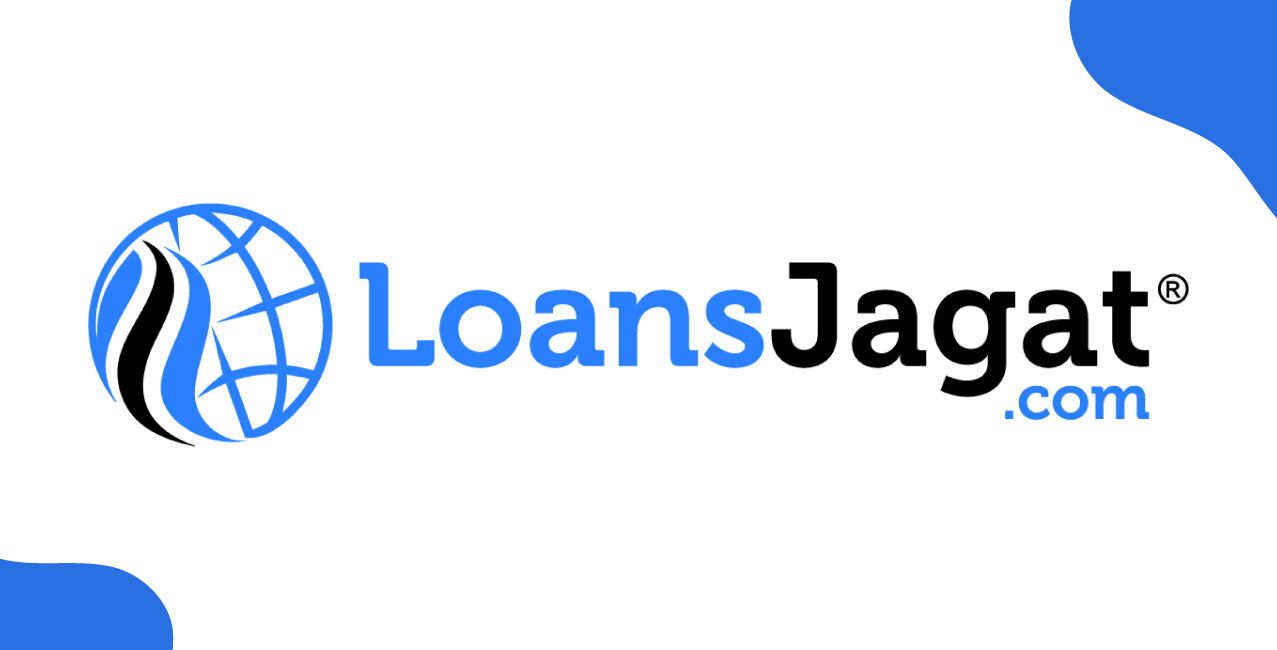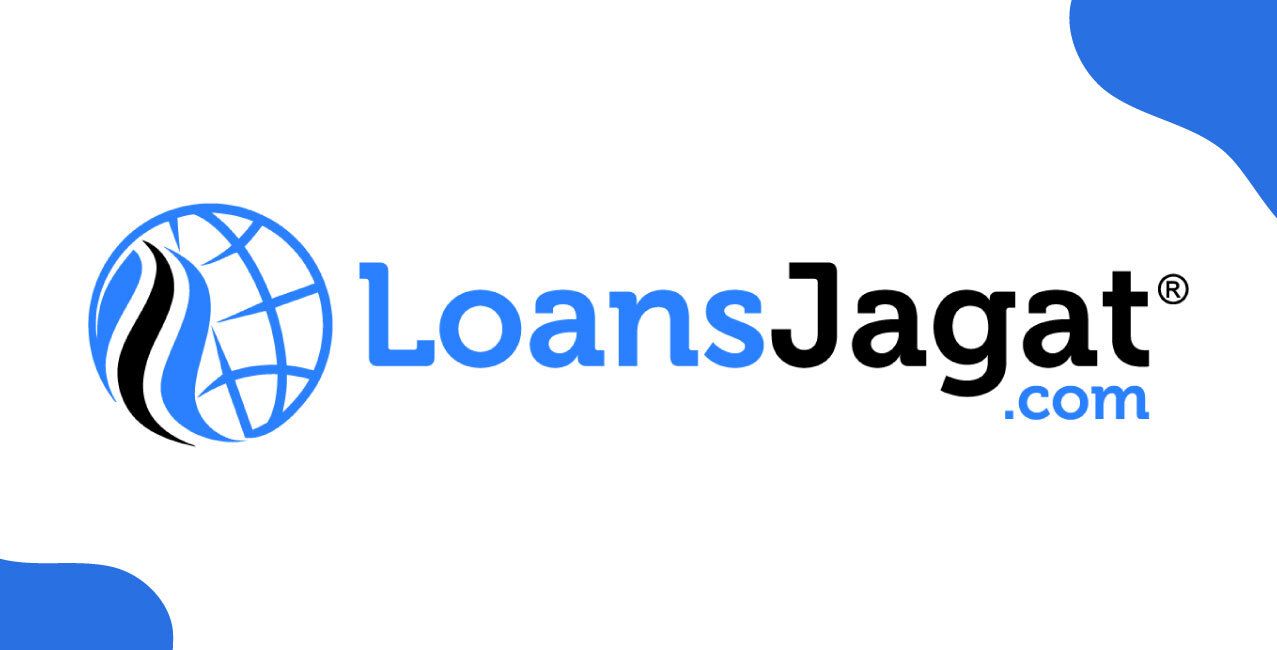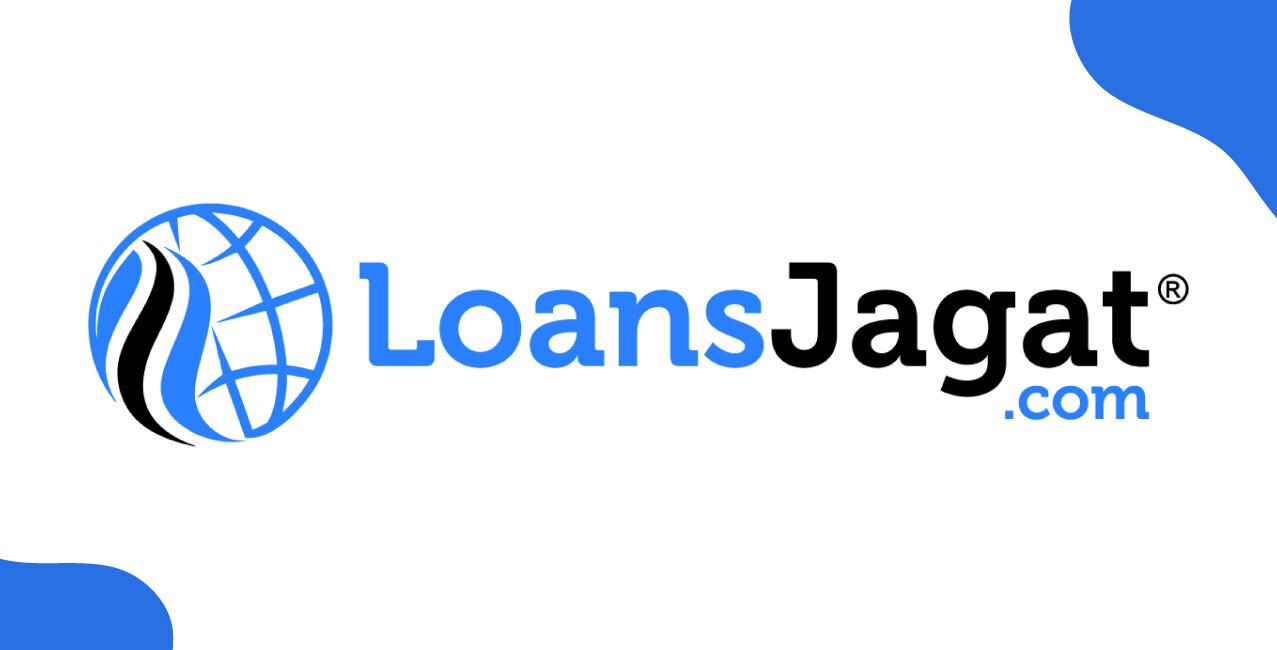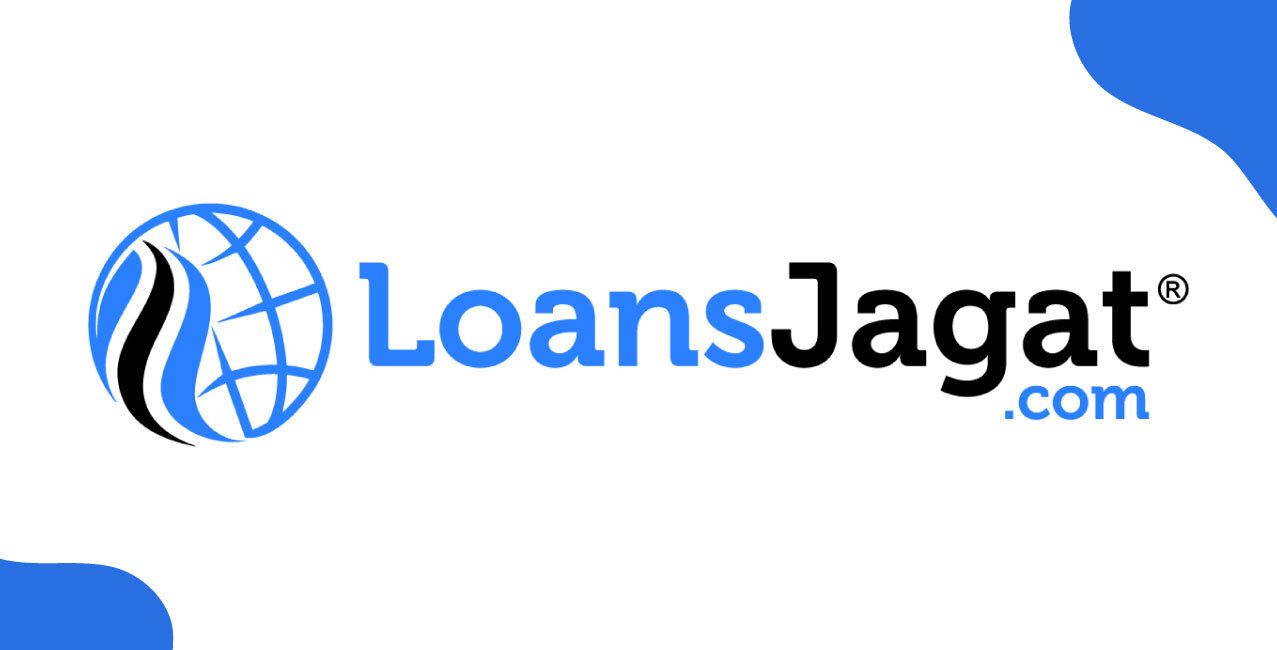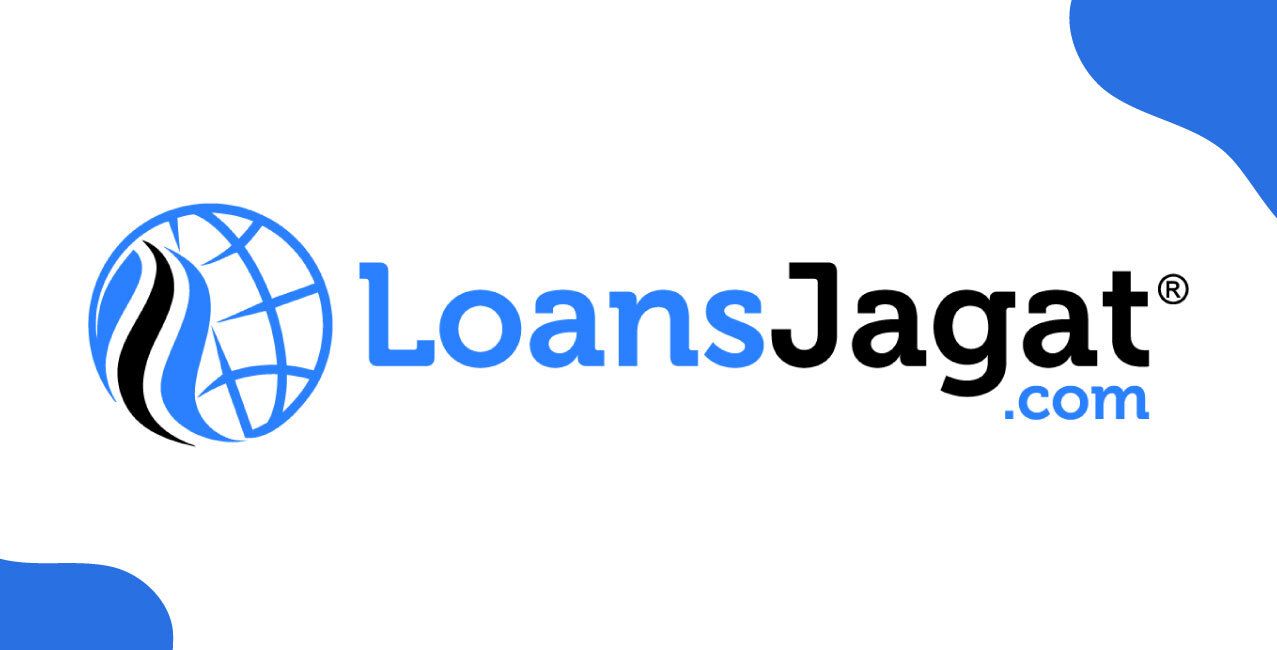RBI Rule: No Prepayment Fees on Floating Rate Home Loans from Jan 1, 2026

Check Your Loan Eligibility Now
By continuing, you agree to LoansJagat's Credit Report Terms of Use, Terms and Conditions, Privacy Policy, and authorize contact via Call, SMS, Email, or WhatsApp
Borrowers Get a Clean Exit Without Charges
A family with a home loan often thinks twice before making an early payment. Not because they don’t want to, but because banks often charge them for it. That changes now.
With a new rule announced by the Reserve Bank of India, those charges will no longer be allowed on floating-rate loans taken for non-business purposes. This will come into effect from January 1, 2026.
On June 28, 2025, the RBI issued a notification called the “Prepayment Charges on Loans Directions, 2025.” It lays out new rules that stop banks and lenders from collecting prepayment charges on several types of loans. This includes home loans, personal loans, and even business loans if given to micro or small enterprises (MSEs).
Let’s examine how this rule affects borrowers and what it means for people who want to repay loans early.
What’s Covered Under the New Rule?
This rule focuses mainly on floating interest rate loans. It includes loans given to individuals and MSEs for non-business reasons. Borrowers who take such loans after January 1, 2026, can repay any amount without paying extra to the lender.
Read More - How to Get a Business Loan Without Any Collateral in India
The rule applies to all lenders: commercial banks, co-operative banks, all-India financial institutions, NBFCs, and housing finance companies.
Why Was This Needed?
In the past, many borrowers were asked to pay a penalty if they wanted to close their loans early. This was a prepayment charge, usually between 1 and 3 percent of the unpaid loan amount. Even if a borrower wanted to switch to another bank offering a better interest rate, this charge often stopped them.
Also, some banks made borrowers wait six months to a year before making their first repayment. These practices left many loan holders stuck with high EMIs or long-term debt they could have cleared earlier.
This new rule removes those barriers. People can now close their loans when they can afford to, without extra cost.
Exemptions for Small Borrowers
An extra detail hidden in plain sight is the ₹50 lakh exemption rule. Small-value borrowers are already protected under a different RBI directive that prevents certain banks from charging any prepayment fee if the loan is below ₹50 lakh.
The RBI's new rule makes the system equal. No matter the bank or lender, anyone offering a floating-rate loan for under ₹50 lakh has to follow the same rule: no prepayment charges.
This move is especially helpful for first-time homebuyers and borrowers in smaller towns with lower loans.
What Still Attracts Charges?
While most floating loans are covered under the new rule, fixed-rate loans and credit limits like CC/OD are not fully covered. Banks may still charge prepayment fees on fixed-rate loans if they clearly state the charges in the sanction letter and the Key Fact Statement (KFS).
In case of overdraft accounts or cash credit loans, the charge depends on how the account is closed. If the borrower informs the bank in advance and clears the dues on the maturity date, no charge applies. But if they close it early without notice, the lender can still charge a fee.
The Regulator’s Stand
The RBI made this move after repeated feedback from borrowers and field-level inspection findings. Many customers reported being misled about charges or denied refinancing options due to high exit costs.
Also Read - Early Loan Repayment: Strategies to Become Debt-Free Faster
The RBI used powers under Sections 21 and 35A of the Banking Regulation Act, 1949, and Section 45L of the RBI Act, 1934 to support this change. The directions were included in the formal RBI report titled “Prepayment Charges on Loans Directions, 2025,” published on its official portal.
This regulation ensures that all lenders are on the same page, prevents misuse of fine print, and encourages fairer banking practices.
Conclusion
This change brings welcome relief for families and small business owners. People can now repay at their own pace, shift to better loan terms, or free themselves from debt early without worrying about hidden costs.
The RBI has pushed the lending industry to focus more on transparent service than exit barriers by cutting out these penalties. That shift might not show up in numbers today, but for many borrowers, it brings peace of mind and some breathing space in their financial plans.
About the author

LoansJagat Team
Contributor‘Simplify Finance for Everyone.’ This is the common goal of our team, as we try to explain any topic with relatable examples. From personal to business finance, managing EMIs to becoming debt-free, we do extensive research on each and every parameter, so you don’t have to. Scroll up and have a look at what 15+ years of experience in the BFSI sector looks like.
Subscribe Now
Related Blog Post

Home Loan Interest Rates 2025 Deliver Major EMI Relief, Will Borrowers See More Gains In 2026?

Will the Indian Rupee Stabilise in 2026 After a Volatile 2025?
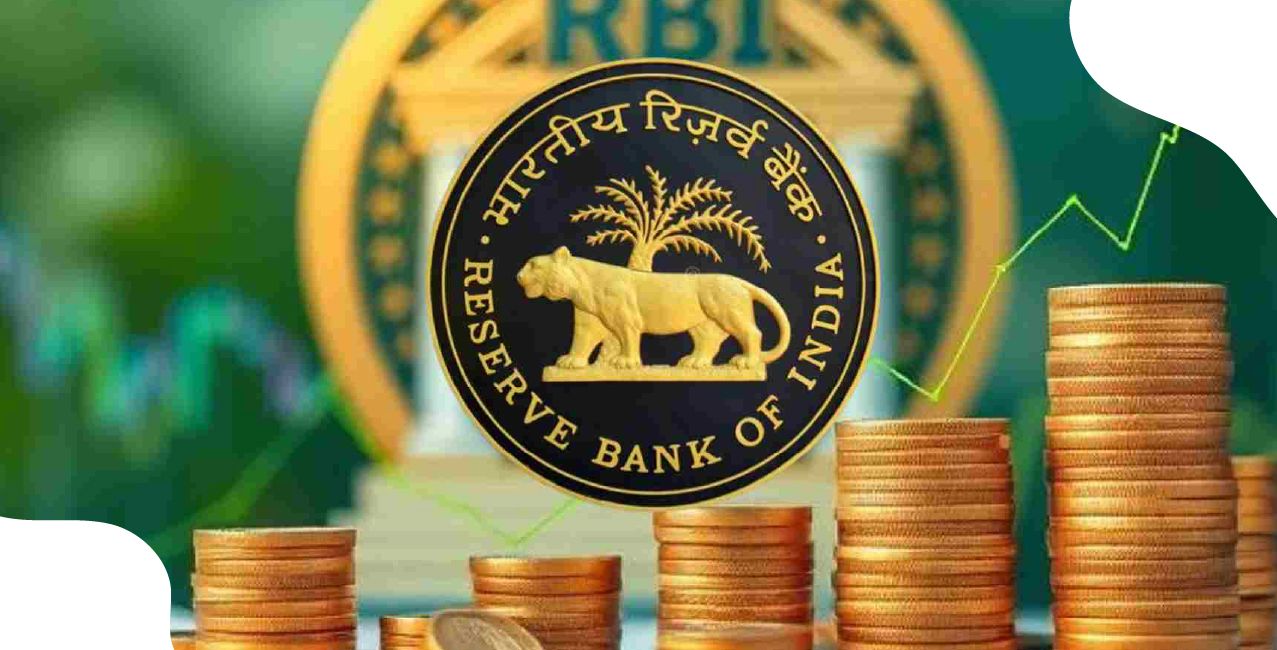
RBI Draft Rules Target Surprise Costs in Overseas Payments
Recent Blogs
All Topics
Contents
Quick Apply Loan
Consolidate your debts into one easy EMI.
Takes less than 2 minutes. No paperwork.
10 Lakhs+
Trusted Customers
2000 Cr+
Loans Disbursed
4.7/5
Google Reviews
20+
Banks & NBFCs Offers
Other services mentioned in this article
